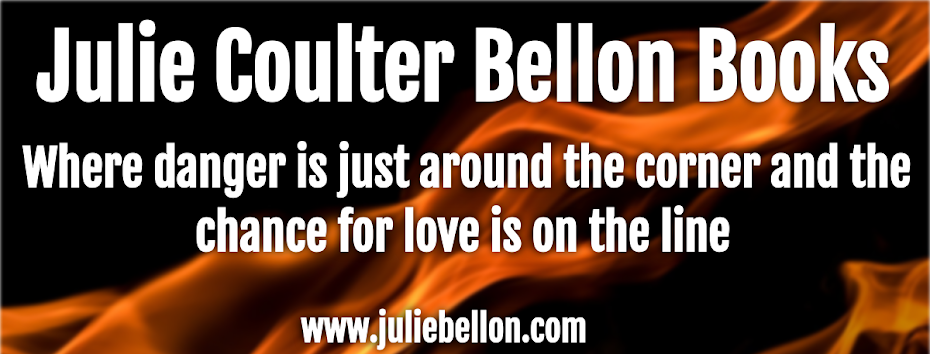1. Simon, how did you get started narrating books?
A friend of mine, and a rather prolific narrator, Gail Shalan turned me on to audiobook work. For her, audiobook narration struck a very happy medium between performance experience and a flexible schedule. She recommended that I look into narrating as well, but it wasn't until I finally lived in a quiet enough place to record that I was able to really dive in to auditions.
2. You have a background in theater. Has that helped you as a narrator?
Absolutely and without question. They're actually way more similar than they are different. Narrating for me, just like preparing to play a part on the stage, starts with the character analysis: who are they, what do they want, what's the arc of their story? As an actor, I've always found the physicality of characters to be my biggest window into understanding them as “people” and so my narration takes on a very performative element. For example, I was physically unable to keep the same posture voicing Penny and Bez's guard, they just live in different parts of my body. I end up changing the way I sit or stand, my facial expression and my movements constantly; it's all about trying to give a soul to the voice.
3. Give us a behind-the-scenes glimpse into your day. How do you fit narrating in with your day job? When do you read? Where do you read?
I'm fortunate that I have a very flexible schedule. Right now I have 3-4 smaller day jobs of which narrating is one. Discipline has been key for me in carving out the time to narrate, a hard start and end time. I read when I can and were I can, when I have a quiet moment I'll knock down a few pages or work on some voices. I try to start in the late morning around 11 after my voice has warmed up a bit, I'll read through the first chapter of the day's reading just to get the tone back in my head and make sure I've got all of the characters together, there's nothing worse than coming across a character I haven't prepared in the middle of recording, it really slows things down. I'll record until around 3 or 4 and then, depending on the day, I'll either review and edit the day's recording right after I record or tend to other work that needs doing.
4. What kind of studio do you use to narrate?
Mine is a humble but effective setup. Echo or reverb is not something you want in raw audio for a recording so I've erected a tent of sorts in a quiet room. A frame about 4'x4'x5' is covered with sheets, which prevent the sound from bouncing around, and actually offer a very decent acoustic setup. In this tent I have a desk along with my mic, computer and a lamp...because recording in the dark is depressing.
5. What is the most challenging thing about bringing a book to life with your voice?
The voices. It's something I never thought about before when I'd listen to audiobooks, but it can be taxing just keeping all of the characters straight during a reading. The most fun, but also the most frustrating chapter to record in All Fall Down was Chapter 20, in which there are 7 characters all in a hole talking with each other. At one point, the three characters with Arabic accents are speaking, and a character with a normally mid-level vocal range becomes scared and adapts a higher vocal range (in the writing) meaning that the character with a normally higher vocal tone suddenly has to shift slightly so the listener can differentiate between the two. It's an exercise in vocal gymnastics and specificity. There was, however, more than one time were I ended up recording Claire's lines in Bez's voice or ended up stuck between two voices... I should have made a bloopers reel.
6. What did you like most about narrating All Fall Down? What did you like least?
I definitely enjoyed learning the accents, I'm very excited to get to knock the dust off my Russian accent for “Ashes to Ashes.” What I enjoyed least was probably the technical side of recording, it's very precise work and sometimes time consuming just setting up where you want a recording to begin or end. When I'm really feeling like I'm on a roll and in the story, taking five minutes to splice some audio is the last thing I want to do. I have a whole new respect for people who produce audio full-time for a living.
7. What is one piece of advice you would give to authors who are just starting to look for a narrator?
I feel like you may be better equipped to answer this than I. In my own opinion, look for someone who not only seems to have a feel for the characters you've written, but who also surprises you with their work, who's open to experimentation, adaptable, and is passionate about bringing life and breath to your characters.
8. Tell us one thing about yourself that not many people know.
I bake a mean loaf of french bread- it takes 2 days, but oh is it worth it!
If you haven't heard the sample for All Fall Down (and Simon's fabulous narration) click here!


2 comments:
That interview was fascinating! Seeing a face to the voice is always a good thing. I usually only see a face, a picture, and not hear a voice until I get the pleasure of meeting my online friends. Great interview!
Thanks, Debra!
Post a Comment